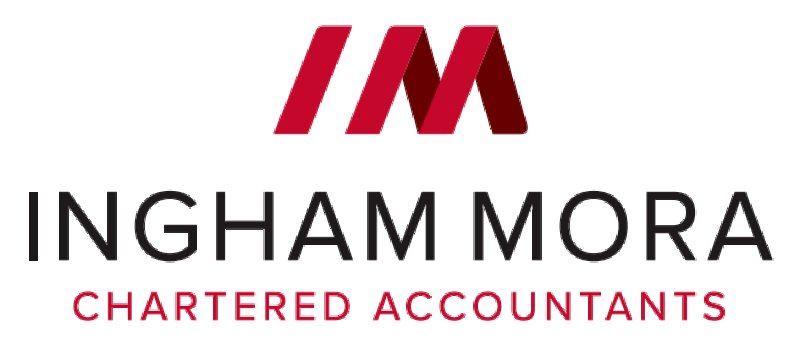Tauranga Property Investors Association Blog
Established in 1994 The Tauranga Property Investors' Association (TPIA) is a non profit organisation of people who own or otherwise have an interest in residential, commercial or other investment property.
The association organise monthly meetings and e-newsletters which provide the opportunity for new and existing members to increase knowledge, gain support and build confidence in all aspects of property acquisition and management.
TPIA is sponsored by PMG Funds, Quinovic and Ingham Mora. All organisations provide useful information on a monthly basis. Check out some of it below.

Answered by Ingham Mora:
There is definitely a wrong way if you want to save on the tax (via achieving a deduction for interest). If you buy the new home and the settlement statement shows that you used the bank loan to directly purchase the new home then there is no way to claim interest on that loan as a deduction against the rental income you’ll earn from your old home. What the bank loans are secured over doesn’t matter – IRD looks at what the loans were used to buy as part of assessing whether the interest is deductible or not.
The correct way to structure this is to ‘sell’ your current home to a new entity – usually a company. The company then borrows up to 100% from the bank to pay you back for the home. The company earns the rental income and borrows to purchase the rental. As the company took a loan to buy a property that will earn it income then it is allowed an interest deduction (80% of the interest is claimable in the 2025 tax year, 100% for the 2026 tax year).
As an example, Beauden owns a home in Otumoetai with no debt. He wants to buy a new home in Bethlehem and rent Otumoetai out. To achieve the best tax outcome Beauden ‘sells’ Otumoetai to All Blacks Rentals Ltd (a new company he forms) for its market value, say $1m. The company borrows $1m from the bank to pay him back. Beauden then uses the borrowed $1m as payment for the new home in Bethlehem. By doing it this way the interest deduction for the company is achieved.
Please note this is a very simple example and does not cover all scenarios. It is easy to muck this up so I recommend getting your Chartered Accountant involved in all cases.
Written by Tom Beswick of Ingham Mora
The comments in this section are of a general nature and should not be relied on for specific cases, where readers should seek professional advice.

Answered by PMG Funds: There are several reasons to consider investing in a commercial property fund. A diversified commercial property fund can provide investors with the benefits of investing alongside a pool of other investors across multiple properties with a mix of tenants. This means investors’ risk is feasibly spread across more properties and tenants than if they owned a single property.
As with PMG, diversification of properties, tenants and locations can provide investors with improved income sustainability. Should a single tenant or property not perform as expected, the other properties and tenants in the fund may help reduce the impact on the overall portfolio’s returns.
As a result of having multiple investors in a property fund (compared to single property syndication), there are more investors who may wish to sell shares or units, or buy shares or units, should an investor’s circumstances change. This service is called the PMG matching service. The time it takes for PMG to assist with the sale and purchase of investments can vary, and we would always encourage investors to take a long-term view when investing with PMG.

Answered by Harris Tate: The buyer has signed on the dotted line, the contract conditions have been satisfied and the agreement is unconditional. There’s no turning back for the buyer unless they are prepared to deal with some pretty serious consequences so you’re as good as sold, right?
Unfortunately, the fall in property values across New Zealand, increased interest rates and stricter borrowing criteria have seen some buyers unable to obtain finance and complete settlement. This leaves both seller and buyer in a terrible position, as their lawyers scramble to minimise losses on each side.
If a buyer can't settle on the due date they will most likely be liable to pay damages to the seller. If late settlement is possible, such damages may be limited to penalty interest. But, if the buyer can’t settle at all (or doesn’t settle within the time frame specified under the sale and purchase agreement), the buyer will likely forfeit their deposit and be liable for damages suffered by the seller.
If settlement becomes impossible a buyer may request the seller list the property for sale and take any step possible to assist the seller with on-selling the property. Should this occur the seller has a duty to act reasonably to limit their losses.
In such a situation both sides should take professional advice from the outset, to restrict the losses suffered, and the costs of litigation.
